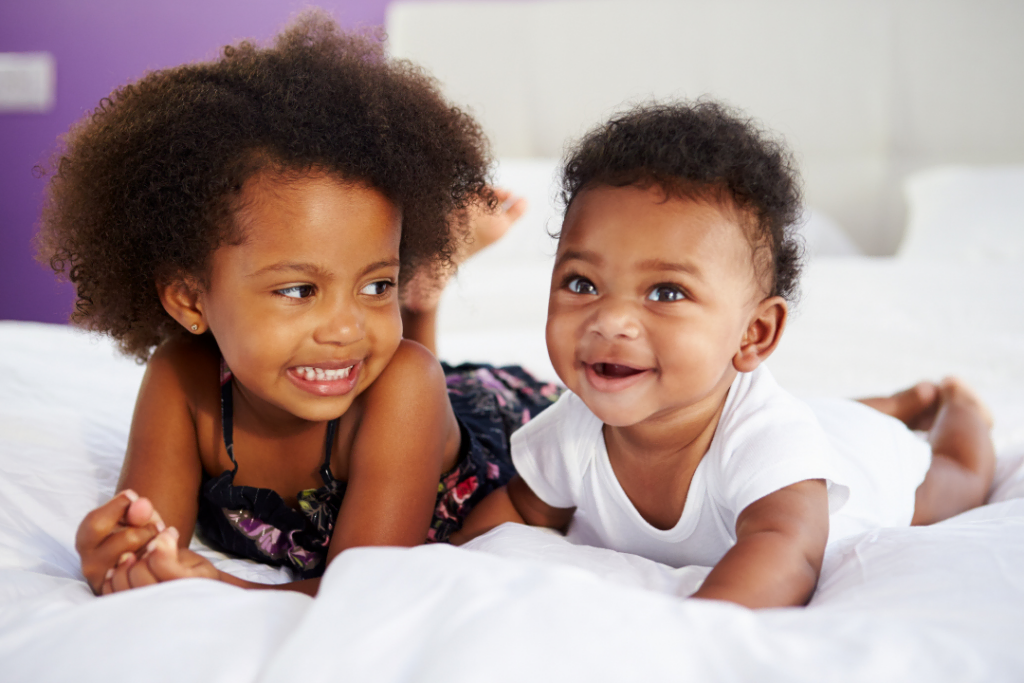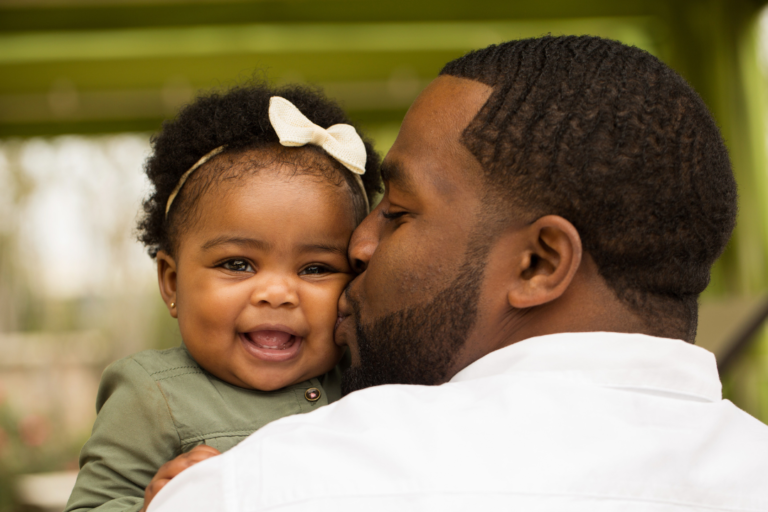Your baby’s social development will set the tone for the relationships they will have throughout their life. You will hear me say that often in my talks, podcasts, courses and books. We cannot underestimate the impact that the relationship that with our baby will shape their lives. Here’s why:
The first three years of life are considered the most important years for the development of young children. This is the time when your baby will develop rapidly. They will go from a helpless newborn who’s movements are governed by reflexes to an interactive toddler who is master of their own world.
Pregnancy provides the platform for the formation of 100 billion brain cells that are largely unconnected at birth. From birth to 18 months, connections occur at a rate of 1 million per second! The connections that your baby makes in these early years provides the platform for all future development and success in life.
As a parent, one of your key roles is to recognise this development and to ensure that your baby reaches their milestones at the age-appropriate times. With some guidance, you will be empowered to scaffold or support your baby’s development and give them the best start to life.
Social and emotional skills
We’ve touched on why social and emotional development is more important than any other area of development. It has impact on every aspect of life. It is critical to your child’s achievement at school, performance in sports or the arts and success in their career. The fact is that happiness and success in all areas of life are based on the ability to consider, engage with and form meaningful relationships with others.
Here’s what that means for you now. Although your baby is born wired to socialise, they are emotionally very immature. They’re unable to manage their emotions and don’t understand that they are even a separate person from you. Over the first few months, your baby will develop a bond with you, which is the foundation for all other relationships in life. Your baby will then learn that they are, in fact, separate from you. They will also start to control their emotions by self-soothing. In the toddler years, they will develop friendships and engage with other people to achieve a common goal.
In the first year, your baby’s social development will be marked by certain emotional milestones. Here’s what to look out for and how to encourage them.
Tips for encouraging social development:
Social engagement
From day one and through the very early months, your baby will be strongly focused on your face. Given the opportunity, they will mimic your facial expressions and even try to communicate with you.
To support this early social engagement, take time to talk to your baby. Hold them 20cm from your face when you make eye contact. This is the distance that your baby can focus properly on your face.
When your baby makes an expression, copy it so that they know that they can have an effect on you. Try to read your baby’s signals and use words to tell them how they are feeling. This validates them as a unique person and has been shown to impact intelligence, behavior and attachment.
“Attachment to you is a part of the first year of life. A securely attached baby is easier as a toddler and has less behavior difficulties later.”
Smiling
At around six weeks, your baby will start to smile. This milestone can happen earlier but consistent smiling in response to a caregiver should be established by this time.
Hold your baby and use your voice, touch and expressions to elicit a smile. Reward your baby’s attempts with a reciprocal smile and even vocalize your pleasure at seeing the smile (we call this ‘marking’ the importance of a signal).
Self-soothing
The ability to self-soothe is a skill your baby develops over time. The first attempts at self-soothing can be seen very early but by 9 weeks, you certainly should be seeing your baby settle with your voice, bringing their hands to their midline and mouth to calm them selves. This is an important milestone for overcoming colic, being calm and sleeping through, which happens later in the first year of life.
Take time to encourage your baby’s social and emotional development. Even if you are an introvert, shy or don’t enjoy lots of interaction – make a point of engaging with your baby as you lay the foundation for a lifetime of relationships.
Get help optimising your baby’s development with Parent Sense – the only app you need to take care of your baby in the first year.




